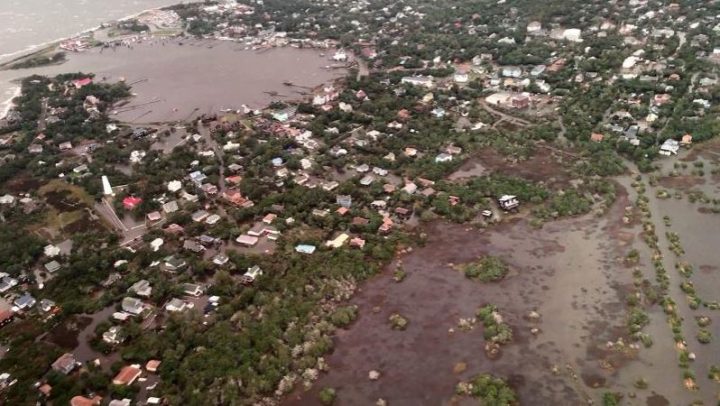Dismal Swamp Canal Transit Recommendations, AICW Alternate Route
The best source of up to date information is to call the Deep Creek Lock. 757.487.0831. You want to speak to “Robert”. Robert Peake is the lock master and has been working the lock and the Lake Drummond water management for a long time. He will give you real time up to the minute evaluations of the condition and whether it is appropriate for your boat. If Robert is not on duty, go ahead and ask the lock master your questions, but also ask when Robert will be back on duty! Check in with Robert later. Also note that the lock has a schedule. Do not call Robert during the time he is locking boats or opening the bridge. The folks at the welcome center are terrific, however they are not as knowledgeable of the latest conditions of the entire canal.
Also please be aware that there is a sailboat rally of about 15 boats leaving Hampton on October 20. That will tie up the lock and visitor center as well as tying up the docks in Elizabeth city on October 21 and 22. This would be a good time to take the Virginia Cut route, not the Dismal Swamp Canal.
Tom Hale
Tadhana
Helmsman 38
The Dismal is our preferred route. Yes, a 5′ draft boat can do it. Single engine with a keel is obviously most desirable. Exposed wheels are ALWAYS at risk everywhere, including the Albemarle and Chesapeake Canal.
Techniques for an uneventful transit:
1) The control depth for the canal is 6-1/2 ft. It’s 22 statute miles from Deep Creek Lock to South Mills Lock. The locks open on schedule: 08h30, 11h00, 13h30 and 15h30. There is a speed limit, but it doesn’t matter. You have 5 hours to go 22 miles… If you enter the system at 08h30, and travel at slightly less than the speed limit, you will easily make the opening at 13h30. (Southbound, that plan gives you time to clear South Mills at 13h30 and get to Elizabeth City for the daily Wine and Cheese Gathering.) Do not race down the canal. Plan to arrive not more than 10 minutes before bridge opening/locking time. There is no place to tie up (well, best to assume there won’t be a place to tie up), and the earlier you arrive, the longer you will need to station-keep at the bridge by the lock before its scheduled opening time.
2) there is waterlogged tree fall on the bottom of the canal, and on the bottom of the Upper Pasquotank as well. Go slow. This stuff won’t bother anything if you’re at idle speed. It’s possible you’ll hear a thump. Won’t hurt anything if you’re going slow. We have been through there many time, with no thumps. Yes, we have had thumps. We go slow. No damage because we idles along at 4+ MPH (Statute MPH, not “knots”).
3) If you lock through with other boats, space out about 1/2 to 3/4 mile. That way, if prop wash from a boat in front of you does pick up something from the bottom, it will have time to settle back down before you get to it.
4) there are no lateral markers in the classic sense of dayboards. But there are 2″x2″ sticks painted red and green in some places. Immediately south of South Mills lock comes to mind. Be on the lookout for them, and honor them as lateral markers.
5) When you clear South Mills, you will almost certainly encounter some floating green “stuff.” IT WILL NOT CLOG SEA STRAINERS. It’s on the surface. The patterns in the water make a pretty wake.
Jim Healy
Monk 36 Hull #132
The Dismal is scenic. At 5 foot draft you may bump at times. Sailboats go this route all the time but they have protected props. Right now there is a lot of duckweed on the water so you will need to check your strainers.
The route through Coinjock is also very scenic although maybe a little longer. If you have the time come and do the Albemarle Loop.
Bill Denison
We draw 5’4″ and have gone through the Dismal Swamp canal twice, most recently in late April. We go slow, less than 4 knots, and stay back at least a half mile when following other boats. We bump a few times but no damage resulted.
I have heard other’s say they incurred damage in this stretch, but that hasn’t been our experience. Good luck, and I hope you enjoy the canal.
Mike Bell
M/V Inshallah
Defever 48
Click Here To View the North Carolina Cruisers Net’s Marina Directory Listing For the Camden TDA/Dismal Swamp Canal Welcome Center
Click Here To Open A Chart View Window, Zoomed To the Location of the Dismal Swamp Canal Welcome Center
6 Facebook Likes, 6 Facebook Reactions


















Be the first to comment!